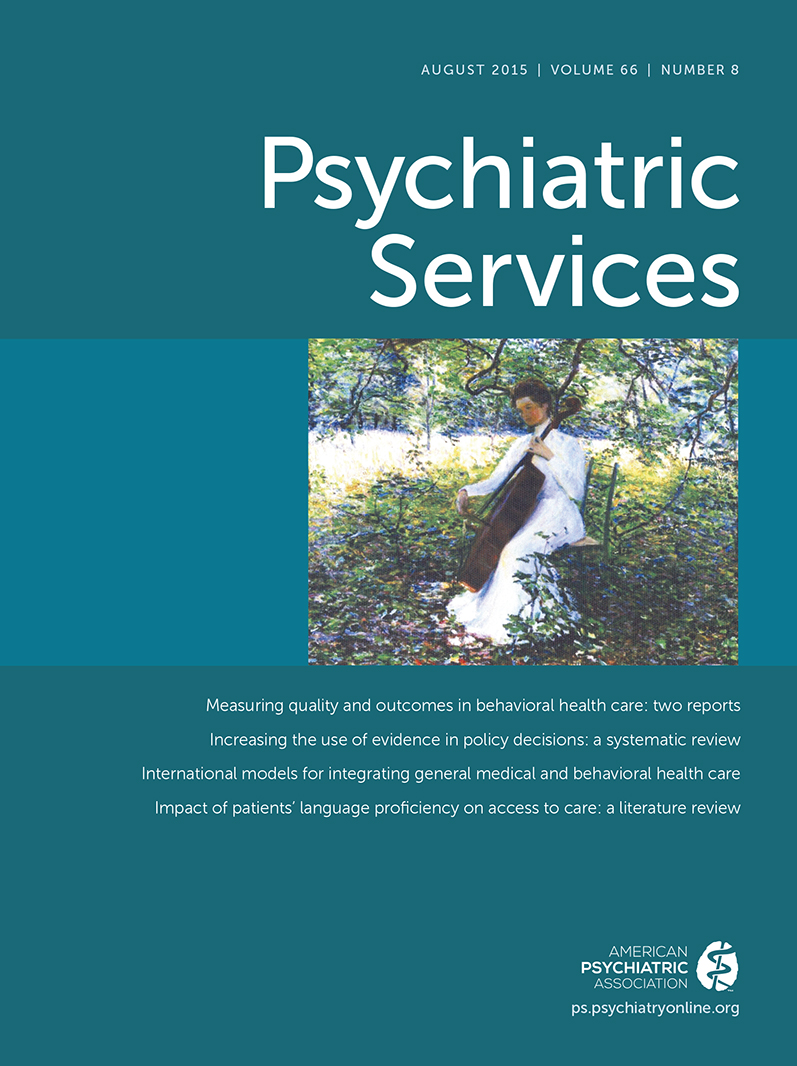Quality of Life and Functioning One Year After Experiencing Accumulated Coercive Events During Psychiatric Admission
Abstract
Objectives:
The study aimed to determine the number of accumulated coercive events experienced by patients during inpatient admission, the patients’ functioning and quality of life (QOL) one year after discharge, and associations between these variables and patient characteristics and between follow-up outcomes and number of accumulated coercive events.
Methods:
A prospective cohort study was undertaken at three community services and an independent hospital in Ireland (N=162). Accumulated coercive events scores were based on patients’ legal status, perceived coercion, and exposure to physical restraint, seclusion, or forced medication.
Results:
Most (68%) experienced at least one coercive event. Lower functioning predicted more coercive events. At follow-up, the mean subjective QOL score was 63% of the highest possible score, objective QOL improved for 15% of participants, and functioning improved for 70%. Accumulated coercive events did not predict these outcomes.
Conclusions:
Coercive events during psychiatric admission appeared unrelated to functioning and QOL at follow-up.



